
Tossing and turning all night? If sleep feels impossible, you might need to change what you eat at night. Certain foods contain nutrients that promote relaxation to help you doze off and stay asleep longer. Instead of staring at the ceiling, try adding these tasty, sleep-friendly foods to your routine.
Cherries

Have you ever heard of a fruit that doubles as a sleep aid? Cherry is one of the natural sources of melatonin, the hormone that regulates sleep. Their antioxidants help reduce inflammation, which may contribute to better rest. Anthocyanins in cherries also support cognitive health by protecting brain cells.
Bananas

Peel back the secret to restful sleep with a banana. Rich in potassium and magnesium, they prevent nighttime cramps while delivering tryptophan, an amino acid that aids serotonin production. This feel-good neurotransmitter promotes relaxation and prepares the body for sleep.
Oatmeal

A warm bowl of oatmeal isn’t just a comforting breakfast—it’s also a natural sleep booster. Its complex carbohydrates help the body absorb tryptophan to increase serotonin and melatonin levels. Magnesium and B vitamins in oats further support the nervous system, easing the body into rest mode.
Kiwi

Sweet, tangy, and surprisingly effective for sleep, kiwis contain antioxidants that improve sleep quality. It’s suggested that eating two kiwis before bed will help you sleep faster and longer. Their vitamin C and fiber content also promote overall well-being, while folate offers additional sleep-supporting benefits.
Walnuts
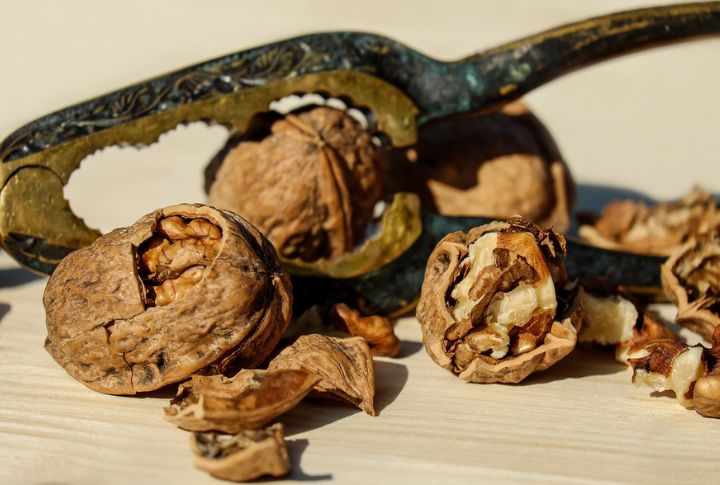
Walnuts signal to your body when it’s time to sleep. They’re packed with omega-3 fatty acids, which support brain function and reduce inflammation. Polyphenols in walnuts help combat oxidative stress—one of the culprits that can interfere with restful sleep.
Turkey
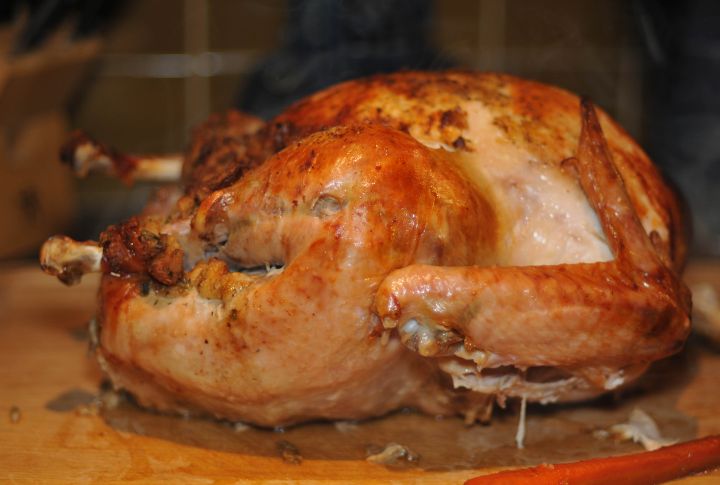
Sleep better with turkey on your plate. Rich in tryptophan, it enhances melatonin levels, while its protein content keeps blood sugar steady and hunger away. That post-holiday nap? A direct result of turkey’s natural sleep-promoting benefits in action.
Herbal Tea

The ultimate nighttime ritual is a steaming cup of chamomile, valerian root, or passionflower tea. Chamomile has apigenin, which binds to brain receptors to ease anxiety. Valerian root has long been used to promote relaxation, while passionflower boosts GABA levels, slowing brain activity and encouraging calmness.
Yogurt
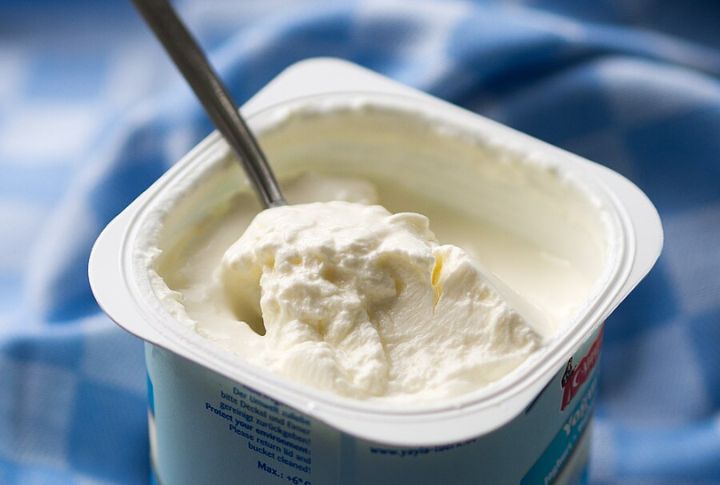
A healthy gut means better sleep, and yogurt supports both. Its probiotics help balance gut bacteria, which relates to improved sleep patterns. Plus, yogurt is rich in calcium, a mineral that aids melatonin production. The casein protein digests slowly to prevent hunger-related sleep disturbances.
Dark Chocolate

Yes, chocolate before bed. But only if you pick the right kind! Dark chocolate provides serotonin for relaxation and magnesium for muscle recovery. Just avoid the caffeine content and opt for varieties with lower amounts to avoid disrupting sleep.
Fatty Fish
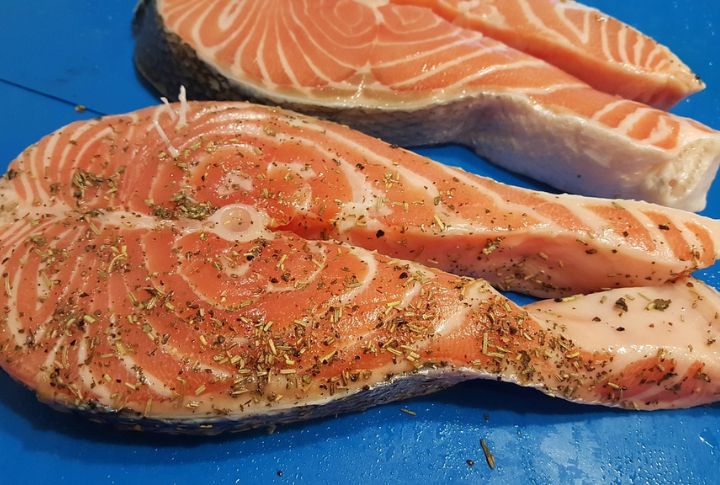
Salmon, tuna, and mackerel offer a double dose of sleep-supporting nutrients: vitamin D and omega-3 fatty acids. Omega-3s improve sleep quality, while vitamin D is important in regulating the sleep-wake cycle. Adding these fish to your meals could mean more restful nights.
Almonds

Unwinding at the end of the day? Almonds make the process easier. Packed with magnesium, they help relax muscles and encourage deep sleep. These nuts also provide melatonin and healthy fats, which stabilize blood sugar levels through the night.
White Rice
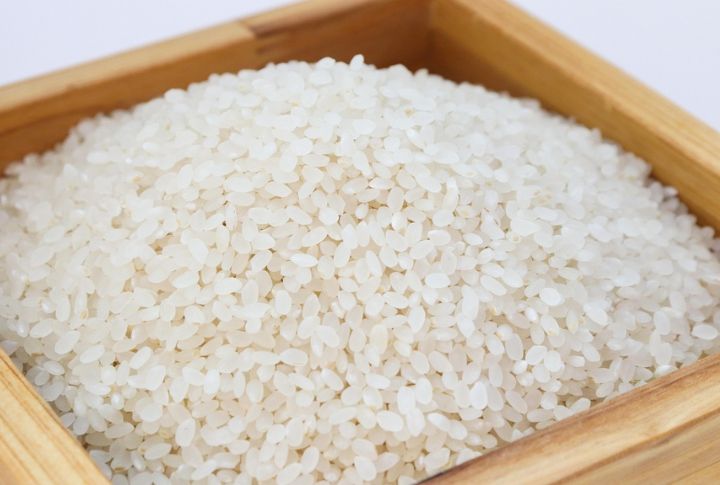
A bowl of white rice might be an unexpected sleep aid. Its high glycemic index promotes insulin production, which helps tryptophan reach the brain. Unlike whole grains, which digest more slowly, white rice provides a soothing source of evening carbohydrates.
Pumpkin Seeds

Small but mighty pumpkin seeds are full of magnesium and tryptophan. A handful before bed can encourage relaxation and help prevent mid-night wake-ups. Zinc in these seeds further supports serotonin production to strengthen their sleep-enhancing benefits.
Honey

A spoonful of honey can do more than satisfy a sweet tooth. It may promote relaxation by slightly raising insulin levels, which could help calm alertness signals in the brain. Stirring honey into tea or warm milk creates a soothing bedtime routine that informs your body it’s time to rest.
Cottage Cheese
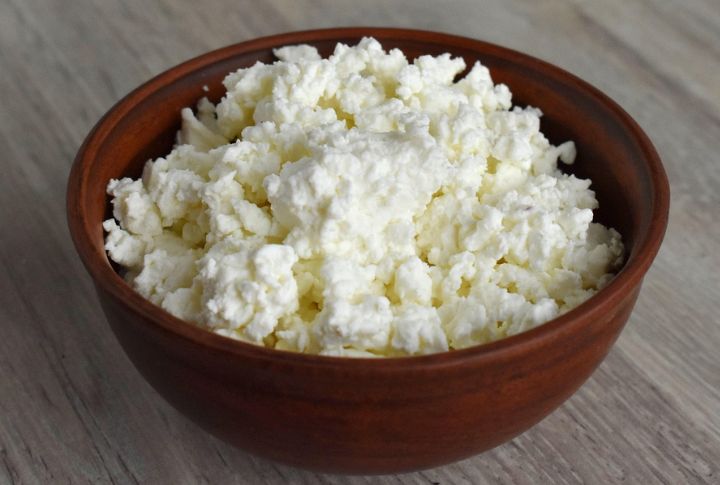
Because cottage cheese contains slow-digesting amino acids, it helps prevent overnight hunger. Since it’s much lighter than other cheeses, it won’t strain digestion. That’s why it makes an ideal bedtime snack—keeping you satisfied without leaving you feeling too full.
Sweet Potatoes
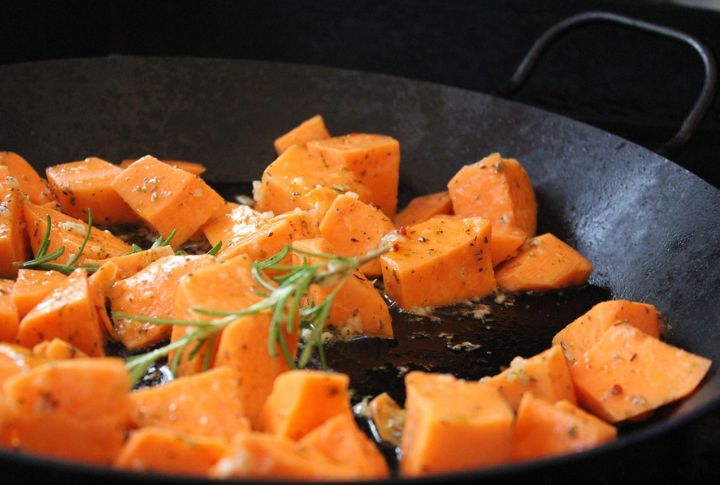
Complex carbohydrates in sweet potatoes help the body unwind. Unlike refined carbs, they offer steady energy and keep blood sugar levels stable overnight. Their fiber content also supports gut health, which has been increasingly linked to better sleep.
Poppy Seeds
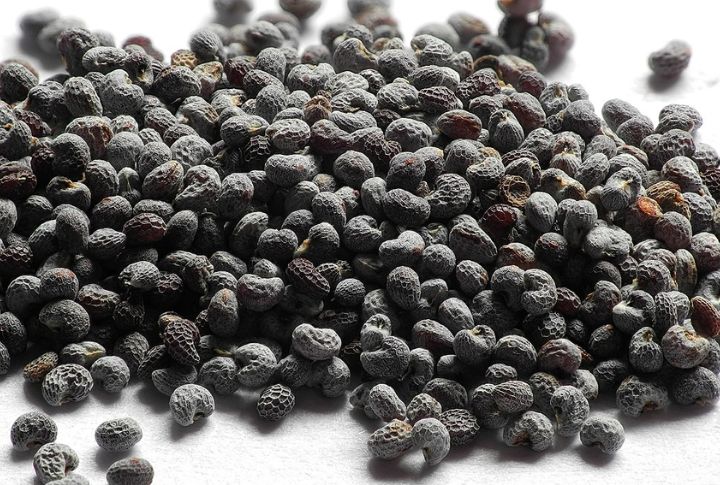
Ancient cultures valued poppy seeds for their subtle calming properties, thanks to trace opium alkaloids. Though modern research is scarce, they’ve long been linked to relaxation. Try them in warm milk or baked treats to gently encourage restful sleep.
Passionfruit

Passionfruit contains harman alkaloids, compounds with natural sedative effects. High vitamin C levels also support immune function, which helps regulate sleep patterns. Enjoying passionfruit pulp or juice in the evening might make drifting off easier.
Lettuce
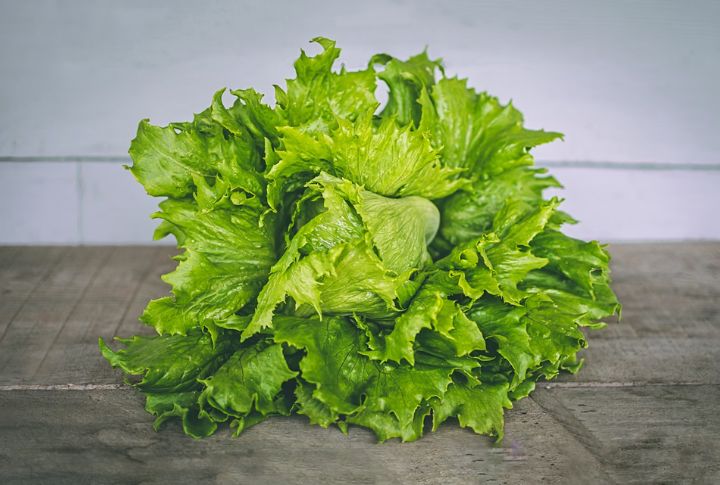
Lettuce contains lactucarium, a natural compound with mild sedative properties, especially in wild varieties. That’s why drinking lettuce tea or adding extra greens to dinner might encourage relaxation. It’s a subtle way to support better sleep, though common lettuce has much lower levels of this compound.
Milk

There’s a reason warm milk is a bedtime classic. It provides tryptophan, calcium, and a comforting routine that signals the body it’s time to wind down. For a dairy-free alternative, almond milk offers similar sleep-boosting benefits.
Leave a comment